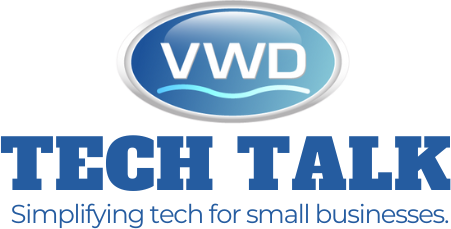The importance of efficient project management cannot be overstated. The ability to streamline workflows, enhance team collaboration, and effectively manage tasks is pivotal for the success of any project.
This is where project management software steps in, offering a robust solution that simplifies these processes, making it convenient for teams to achieve their goals. This article delves into the myriad ways project management software is revolutionizing team collaboration and task management.
The Role of Project Management Software in Modern Business
It is more than just a tool; it’s a framework that facilitates the planning, executing, and monitoring of projects. It serves as a central hub where all project-related information is stored, accessed, and managed, enabling team members to stay aligned with the project’s objectives, deadlines, and requirements.
By consolidating tasks, communication, and resources into a single platform, project management software breaks down silos and fosters a collaborative environment.
Enhancing Team Collaboration
One of the primary perks of project management software is its ability to enhance team collaboration. In today’s work environment, where remote work has become increasingly common, maintaining effective communication and collaboration can be challenging.
Project management tools address this challenge by providing elements such as real-time chat, discussion boards, and file sharing, allowing team members to communicate and collaborate seamlessly, irrespective of their geographical location.
Furthermore, these platforms often include features like @mentions and notifications, ensuring that relevant team members are promptly informed about updates, comments, or tasks requiring their attention. This immediate, transparent communication minimizes misunderstandings and keeps everyone on the same page.
Simplifying Task Management
At the heart of project management is task management, the process of tackling a task through its life cycle. Project management software excels in this area by offering a set of features designed to simplify task assignment, tracking, and completion.
Users can create tasks, assign them to team members, set deadlines, and track progress, all within the same platform. This not only increases efficiency but also enhances accountability among team members.
Many project management tools also incorporate Kanban boards, Gantt charts, and other visual aids that provide a clear overview of the project’s progress.
These visual representations help identify bottlenecks and ensure that resources are allocated effectively, enabling teams to meet their deadlines and stay within budget.
Streamlining Workflow and Process Automation
Streamlining workflow is another area where project management software shines. By automating routine tasks and processes, these tools can greatly reduce the time and effort required to manage projects.
For example, automation can be used to trigger notifications when a task is completed, update project statuses, or even assign tasks based on pre-defined rules. This automation extends beyond simple task management, encompassing complex workflow
customization that can adapt to the specific needs of a project or team. As a result, teams can spend minimal time on administrative tasks and more time on activities that add value to the project.
Data-Driven Decision Making
Project management software also plays a crucial role in facilitating data-driven decision-making. By aggregating data from various aspects of a project, these platforms provide valuable insights into performance metrics, resource allocation, and budget management.
Dashboards and reporting tools offer a high-level overview of the project’s status, highlighting successes and areas for improvement.
This wealth of data enables project managers and team leaders to make informed decisions about future projects, identify areas where efficiency can be improved, and allocate resources more effectively.
In a competitive business environment, the ability to leverage data for strategic decision-making is invaluable.
Choosing the Right Project Management Software
With a myriad of project management tools available in the market, choosing the right one can be daunting. To ensure that you choose the right project management tool for your team, it is important to analyze their specific needs and requirements.
This involves considering factors such as the size of your team, the difficulty of your projects, and the specific features that you need, such as task management, collaboration tools, or advanced reporting capabilities.
Popular project management software options include Asana, Trello, Basecamp, and Microsoft Project, each offering a special set of features tailored to different types of projects and teams.
It’s also important to consider the software’s user interface and ease of use, as these can significantly impact adoption rates among your team.
Conclusion
It’s great to hear that you have found the importance of project management software in modern businesses.
While I’m not sure about the specific capabilities of Venice Web Design, it’s always helpful to have a reliable partner in project management. With the right tools and resources, you can ensure that your crew is working efficiently and effectively towards achieving your goals.
Best of luck with your projects!


